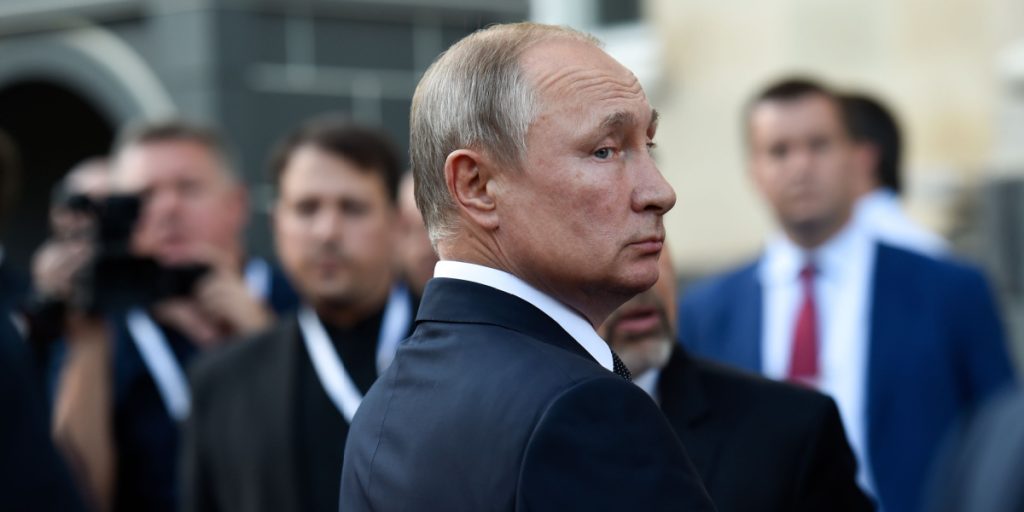Russia has demonstrated a remarkable ability to withstand Western sanctions, showcasing the difficulty of isolating a major, globally integrated economy, according to an economist’s analysis.
Others are reading now
Russia’s ability to withstand international sanctions has posed significant challenges to Western efforts to isolate it economically amid the ongoing conflict in Ukraine. According to economist Elina Ribakova, this situation has shed light on the inherent difficulties of trying to isolate a major, globally connected economy.
Understanding Russia’s Economic Resilience
In an article for the Financial Times, Ribakova explained, “The primary lesson is that seeking complete isolation of a large, complex and globally-integrated economy is costly and unattainable.”
Despite the West’s imposition of extensive sanctions following Russia’s invasion of Ukraine, Russia’s economy has shown unexpected resilience, with a reported GDP growth of 3.6% in 2023 and an anticipated increase of 2.6% in 2024. This growth comes after a modest contraction of 1.2% in 2022, showcasing Russia’s capability to adapt and mitigate the impact of sanctions.
Russia’s Preparations and Adaptations
A significant factor in Russia’s endurance has been its foresight and preparations.
Also read
“Russian President Vladimir Putin has been preparing for sanctions since 2014,” Ribakova pointed out, referencing the strategic measures undertaken by Russia to cushion its economy.
Furthermore, the establishment of alternative payment systems with China to bypass the SWIFT system illustrates Russia’s efforts to maintain its global financial transactions despite Western sanctions.
The Limitations of Western Sanctions
While the intention behind the sanctions was to economically isolate Russia, the reality has been different.
Ribakova remarked on the ongoing economic interactions between Russia and the West, stating, “It took coalition governments almost a year to reduce purchases of Russia’s oil and gas — and many of their corporates are still actively engaged in trade with Russia.”
This continued engagement underscores the limitations and challenges of fully isolating Russia’s economy.
Broader Implications for Sanction Policies
The experience with Russia not only highlights the complexities of sanctioning a large economy but also serves as a learning opportunity for future scenarios, particularly concerning China.
Ribakova suggests that “In the case of China, the US would need to look for vulnerabilities while remaining realistic about the limitations of sanctions.” This perspective emphasizes the need for a nuanced approach to sanctions that considers both the target economy’s integration into global markets and the potential for evasion.
The Role of Secondary Sanctions
The effectiveness of secondary sanctions, especially those targeting financial institutions aiding Russia, has become increasingly apparent.
Chinese banks’ heightened compliance checks and the halting of transactions from sanctioned Russian financial institutions demonstrate the impact of these measures. However, the Kremlin’s acknowledgment of transaction issues with Chinese banks reveals the ongoing challenges faced by Russia in circumventing sanctions.
A Call for Strategic Sanction Use
Ribakova concludes that the situation with Russia provides an invaluable opportunity to refine sanctions as a tool of foreign policy.
By analyzing Russia’s response and the global economic landscape, policymakers can develop more effective strategies for future sanctions, ensuring they are both impactful and aligned with international law. This careful consideration is crucial in navigating the complexities of global economics and maintaining the integrity of international relations.


